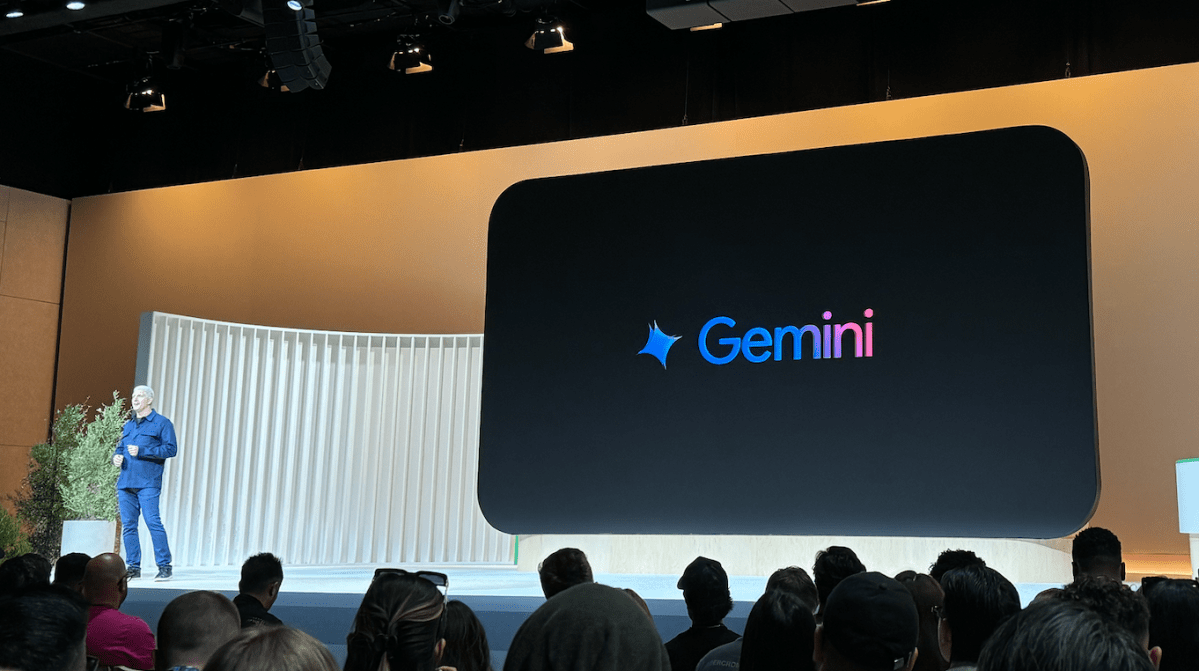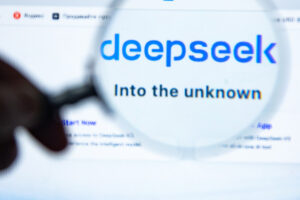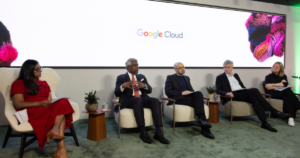Google is rolling out Gemini models more quickly than its AI safety assessments.

Google’s Race in AI Development
Over two years after the sudden rise of OpenAI’s ChatGPT, Google is making significant headway in the artificial intelligence sector. The tech giant has recently accelerated its model launch frequency, aiming to improve its competitive stance in an ever-evolving landscape.
Accelerated Releases of AI Models
In March, Google introduced Gemini 2.5 Pro, an AI reasoning model that sets new industry standards, particularly in coding and mathematical capabilities. This launch followed the release of Gemini 2.0 Flash, marking Google’s response to the rapid advancements seen in AI technology.
Tulsee Doshi, Google’s director responsible for the Gemini project, shared with TechCrunch that this swift pace of launching AI models comes from a desire to adapt quickly to the fast-changing AI environment. Despite the quick releases, Doshi noted that Google’s team is still figuring out the best practices for model deployment and feedback collection.
Concerns over Transparency and Safety
Despite the enthusiasm around faster releases, some experts express concerns about Google’s commitment to safety and transparency. Neither the Gemini 2.5 Pro nor the Gemini 2.0 Flash has safety reports published, prompting questions about whether speed is being prioritized over thoroughness.
Typically, AI research organizations like OpenAI, Anthropic, and Meta release detailed safety evaluations and performance reports alongside their model launches. These reports, often referred to as "model cards" or "system cards," help provide insights into an AI model’s strengths and weaknesses. Interestingly, Google was a pioneer in proposing the concept of model cards in a research paper released in 2019, advocating for transparency in machine learning practices.
Google’s Approach to Model Cards
Doshi explained that the absence of a model card for Gemini 2.5 Pro is due to the model being classified as "experimental." The intention behind such experimental models is to gather feedback for improvements before a full production launch. Google plans to release the model card for Gemini 2.5 Pro once it becomes generally available. However, critics remain cautious, as the need for safety documentation is also apparent for the already accessible Gemini 2.0 Flash, which similarly lacks a model card.
The last model card published by Google was for Gemini 1.5 Pro, which dates back more than a year. Typically, these model cards provide essential, sometimes unflattering information about an AI’s capabilities, helping to identify unexpected behaviors that may not be commonly discussed.
Industry Expectations for Safety Reports
The AI community largely views these safety reports as essential tools for promoting independent research and ensuring safety evaluations. However, the growing importance of these documents in recent years has prompted scrutiny, especially as Google had previously assured the U.S. government that it would disclose safety reports for all significant AI model releases.
In a broader context, federal and state-level regulatory efforts have surfaced, aiming to implement safety reporting standards for AI model developers. Yet, these endeavors face challenges in gaining traction within the industry. One notable example is California’s SB 1047 bill, which faced substantial opposition from tech companies, leading to its veto. Current discussions also include legislation that would authorize the formation of an AI Safety Institute, tasked with establishing guidelines for model releases.
Balancing Speed with Responsibility
As Google forges ahead with rapid AI model releases, it raises concerns about adherence to public commitments regarding transparency in safety reporting. Experts argue that this approach of prioritizing expedited model shipment could set a troubling precedent, especially as AI models become progressively sophisticated and powerful. With regulatory pressures mounting, the need for responsible AI development becomes even more critical for tech giants like Google.






